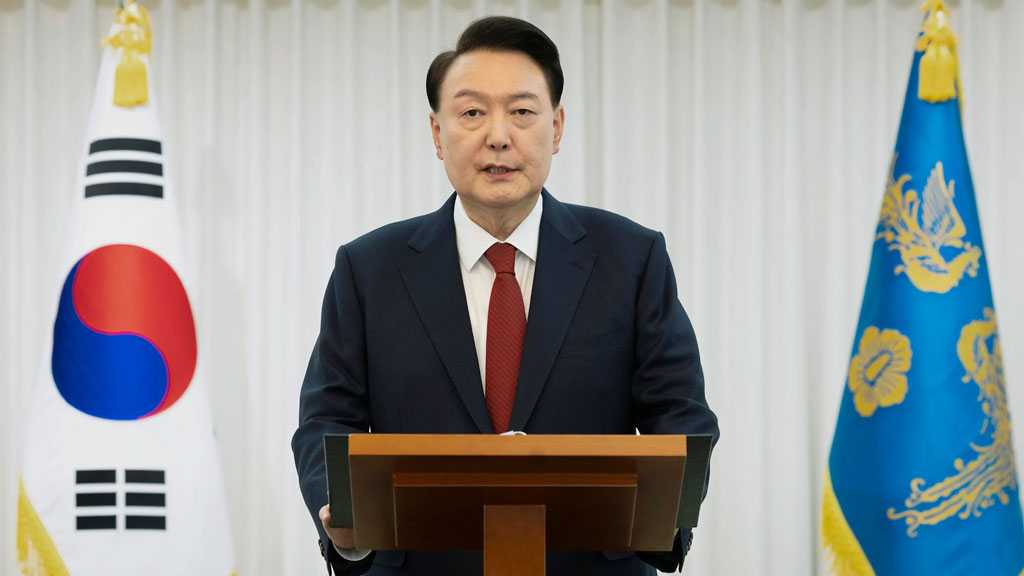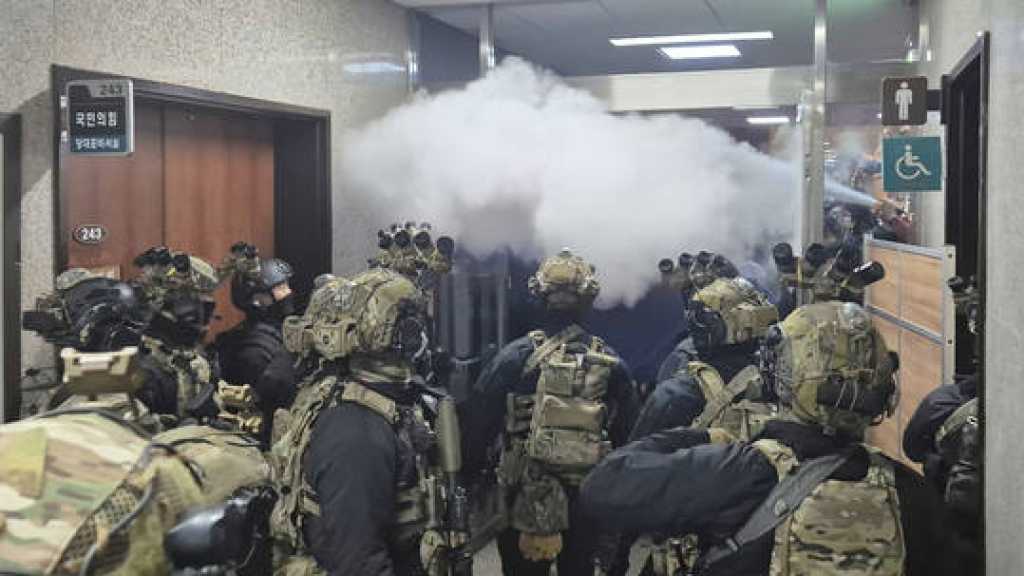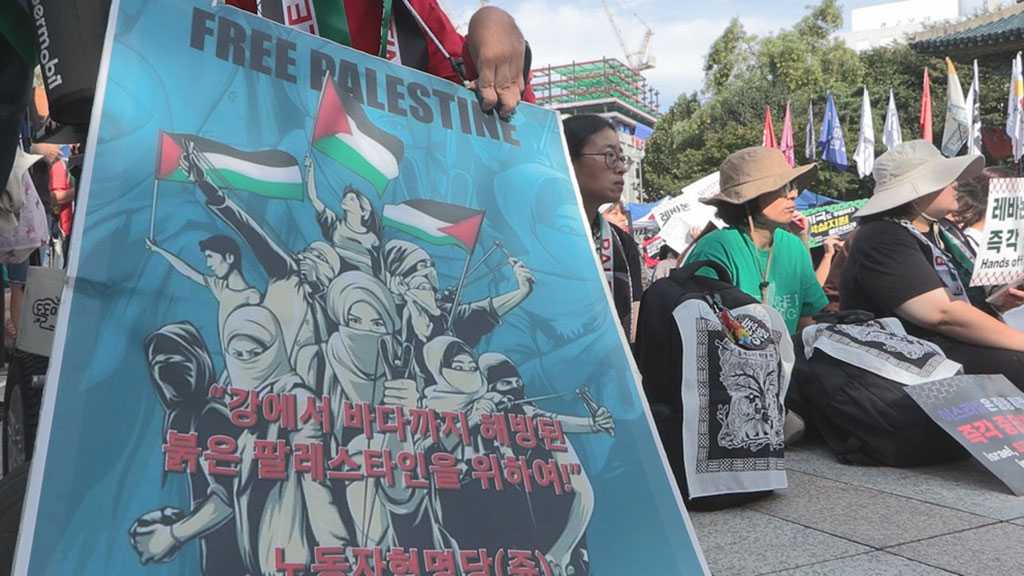North, South Korea Wrap Up Family Reunion
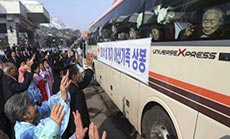
Local Editor
North and South Korea wrapped up Tuesday their first reunion for divided families in more than three years, an event that raised hopes of a sustainable improvement in volatile cross-border ties.
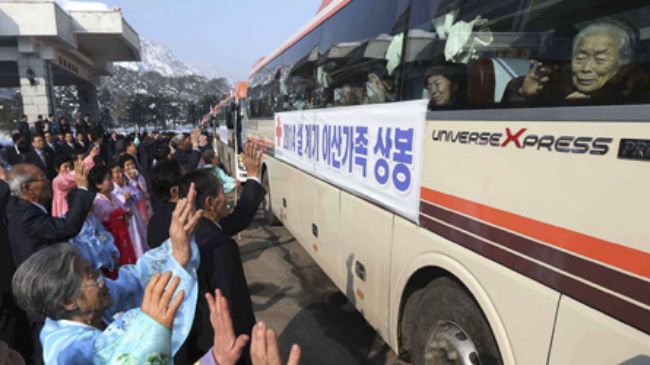 More than 350 South Koreans said a final farewell to 88 North Korean relatives, concluding a second round of meetings for those separated by the 1950-53 Korean War.
More than 350 South Koreans said a final farewell to 88 North Korean relatives, concluding a second round of meetings for those separated by the 1950-53 Korean War.
That the six-day reunion went ahead at all was seen as something of an achievement, given the North's angry condemnation of overlapping South Korea-US military exercises that began on Monday.
Pyongyang's demands that the joint drills be either cancelled or postponed had put the reunion at risk, but the North allowed the meeting to go ahead following the highest-level talks between the two rivals in seven years.
With the reunion over, the question now is where the two sides go from here in order to maintain the momentum towards greater cooperation.
Pyongyang has been pushing Seoul for some time to resume South Korean tours to its Mount Kumgang resort -- trips that provided much-needed hard currency in the past.
Last year's exercises fueled a sharp, protracted surge in military tensions, with North Korea issuing threats of nuclear strikes against the South and the United States.
The six-day family reunion at Mount Kumgang was also a very human reminder of the continuing personal cost of Korean rivalries more than six decades after the conclusion of the Korean War.
For those lucky enough to be chosen, it was a hugely emotional event, as they came face-to-face with elderly relatives they hadn't seen since childhood, and younger family members they didn't even know existed.
Because the Korean conflict ended with a ceasefire rather than a peace treaty, the two countries remain technically at war, and there is almost no direct contact permitted between their civilian populations.
Millions of Koreans were separated by the war, and the vast majority have since died without having any communication at all with surviving relatives.
The reunion program began in earnest after a historic North-South summit in 2000, but the waiting list has always been far larger than the numbers that could be accommodated.
For many people, time simply ran out. Last year alone 3,800 South Korean applicants for reunions died.
Source: News Agencies, Edited by website team
Comments
- Related News

South Korea’s Ruling Party Chief Steps down
30 days ago